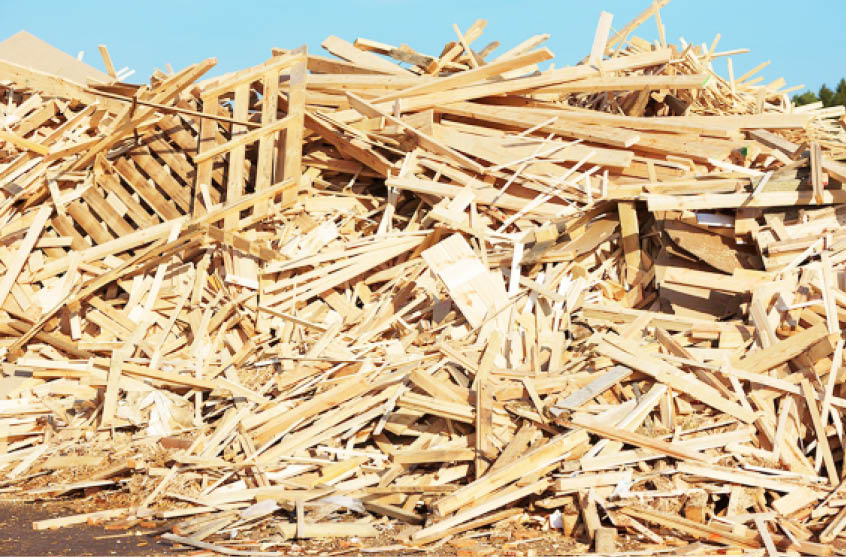For investment in tree production to be made more profitable, total tree utilization concept must be practiced locally, experts in the forestry sub-sector have suggested.
The experts are also advocating that urgent steps must be taken to curtail the use of wood for domestic energy generation.
Farmers, entrepreneurs, tech developers explore annual Agric Show to address challenges
Agric minister seeks collaboration on agroecology
A wood product Engineer, Abimbola Ogunwusi, recalled that the forest industry in Nigeria contributed significantly to local and international trade in the 1960s to 1980s.
According to him, the industry, which include both the informal and formal wood products manufacturing outfits such as the pulp and paper mills, sawmills, ply mills, particles board mills and furniture factories contributed significantly to foreign exchange earnings locally.
He, however, said since the 1990s, a number of factors have combined to limit sustainable development of the industry.
These, according to him, include the thinning availability of economic wood species, the increasing dependence on outdated equipment and the technology employed by the numerous small-scale processors. These results in high quantity of wood waste generation.
He suggested that attention should be shifted to the usage of the wood waste generation for domestic and industrial energy instead of making use of the woods, which, he said, had led to the deforestation of the country’s forest reserves.
“As at today, more than 80 per cent of the population depend on wood biomass for their domestic energy generation. This practice leads to acute deforestation. Available statistics indicate that the forest estate in Nigeria is less than 6 per cent of the land area, while the total volume of useable wood down to 30cm cutting diameter in the forest resources is 437,507,205cm3,” he noted.
As a result, Abimbola said urgent steps must be taken to curtail the use of wood for domestic energy generation. Globally, there is a growing awareness on the utilization of wood wastes inform of briquettes and pellets as domestic or industrial fuel. The use of wood wastes to produce energy opens up opportunities for sustainable energy production locally.
To the Raw Material Research Development Council (RMRDC), one of the major problems constraining the optimum utilization of locally available wood is that wood processors find it difficult to season wood to about 12 per cent moisture content or below.
This problem, the Director-General of the Council, Professor Hussaini Dokko Ibrahim, said had largely been solved by the development of wood seasoning kilns by the Council in collaboration with Scientific Equipment Development Institute, Enugu, a centre of NASENI and Palcon Nigeria Limited, also based in Enugu.
Also, to expand industrial wood availability locally, the Council is promoting industrial processing and production of bamboo locally.
“The Council is collaborating with private sector investors to produce bamboo wall and floor tiles. To consolidate these efforts, the Council is also collaborating with some private sector investors, especially Gamla Nigeria Limited Asaba, to establish bamboo plantations and plantations of indigenous economic hardwoods species such as Khaya senegalensis, etc, required in the wood industry in the country,” Professor H.D Ibrahim said.
In the same vein, the Forestry Research Institute of Nigeria (FRIN) has developed the technology for manufacturing floor tiles, wall tiles including ceiling boards on commercial basis. The latest development in wood waste utilization at FRIN is the application of lamination techniques where saw dust – cement boards and veneers are bonded into bands called SP-panels.
But Mr Toyin Afolabi, a retired forestry officer, insisted that for these initiatives to be maintained and sustained, the government, as a matter of urgency, must create appropriate means for delineation and implementation of research results.
In addition, he said, there was the need for a policy that will enhance private-sector participation in the commercialization of these research efforts.

 Join Daily Trust WhatsApp Community For Quick Access To News and Happenings Around You.
Join Daily Trust WhatsApp Community For Quick Access To News and Happenings Around You.


